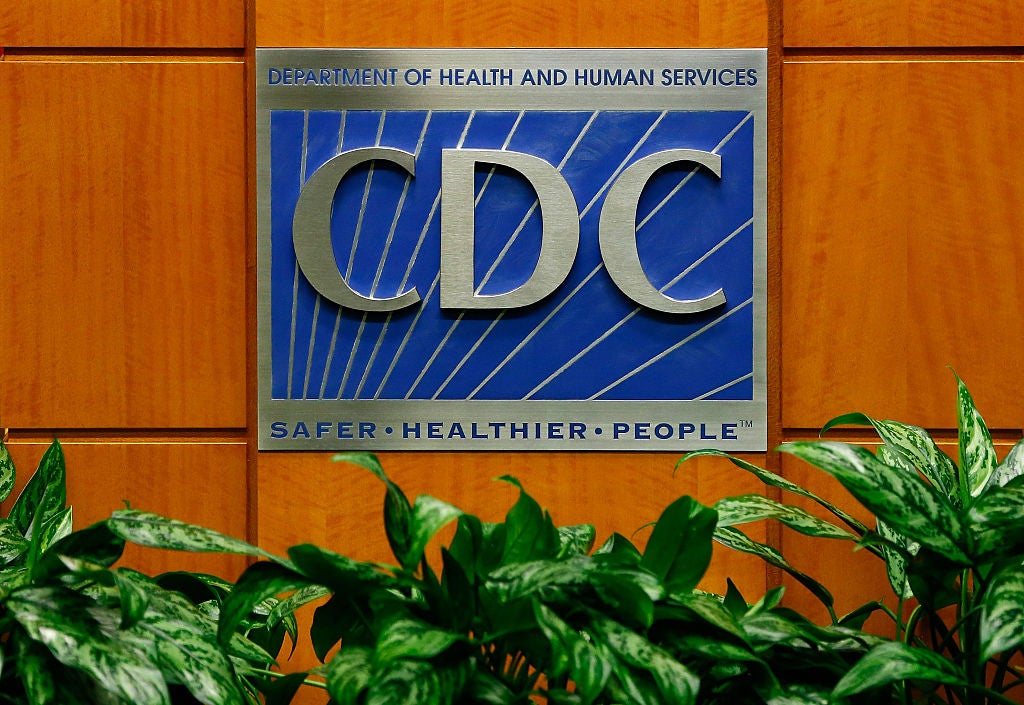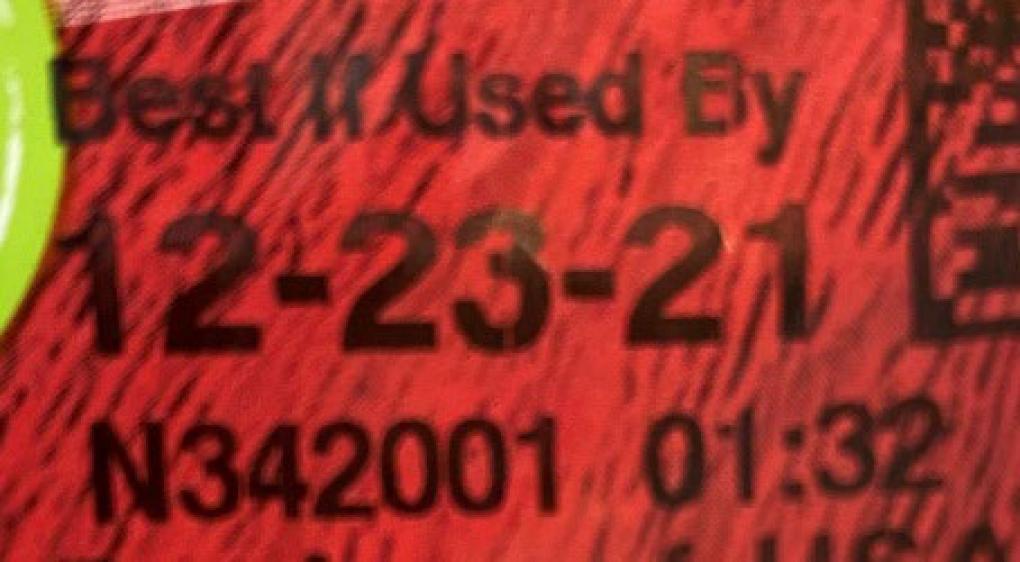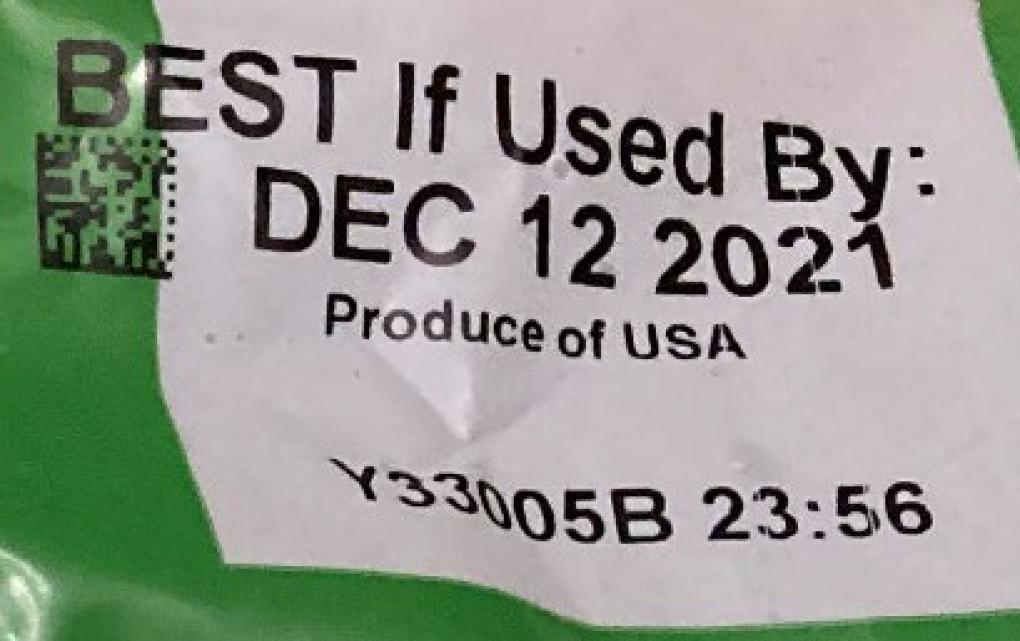
The Centers for Disease Control is investigating allegations that a batch of Dole salads were contaminated with listeria – the products allegedly led to the deaths of two people and made 17 people sick.
On 22 December, the multinational food company voluntarily recalled salads that were processed at its Bessemer City, North Carolina and Yuma, Arizona, facilities over a “potential for Listeria monocytogenes”.
Operations at both facilities were suspended so extensive cleaning and sanitation could take place.
More than 180 types of products produced at these facilities were recalled, ranging from baby spinach and shredded iceberg lettuce to kale and arugula, and packets may appear under different brand names – including Ahold, HEB, Kroger, Lidl, Little Salad Bar, Marketside, Naturally Better, Nature’s Promise, President’s Choice and Simply Nature.

According to the US Food and Drug Administration, affected salads “can be identified by a product lot code beginning with the either the letter ‘N’ or ‘Y’ in the upper right-hand corner of the package and will have a ‘Best if Used By’ date between November 30, 2021, and January 8, 2022”. The administration has advised anyone with these products at home to discard them immediately.

Symptoms for listeria may not develop immediately, they can occur one to four weeks after eating contaminated foods, sometimes up to two months later. According to the American College of Obstetricians and Gynecologists (ACOG), pregnant women are more susceptible to listeria, but may never experience symptoms, however “Listeriosis also can cause miscarriage, stillbirth, or preterm labour,” said the ACOG. Elderly people and those with weakened immune systems are also more susceptible.
Symptoms include a fever, muscle aches, headaches, fatigue and a loss of balance and can be treated with an antibiotic prescribed by a doctor.
“Throughout the FDA and CDC investigations, Dole provided full access and transparency into all of our facilities, our processes, and our operations,” said Dole in a statement to The Independent. “Delivering safe, high-quality fruits and vegetables is our top priority, and we are deeply saddened and sorry that we did not meet our standard. We are confident that we have identified and corrected the issue and we continue to further improve our growing and processing sanitation protocols beyond industry standards.”







